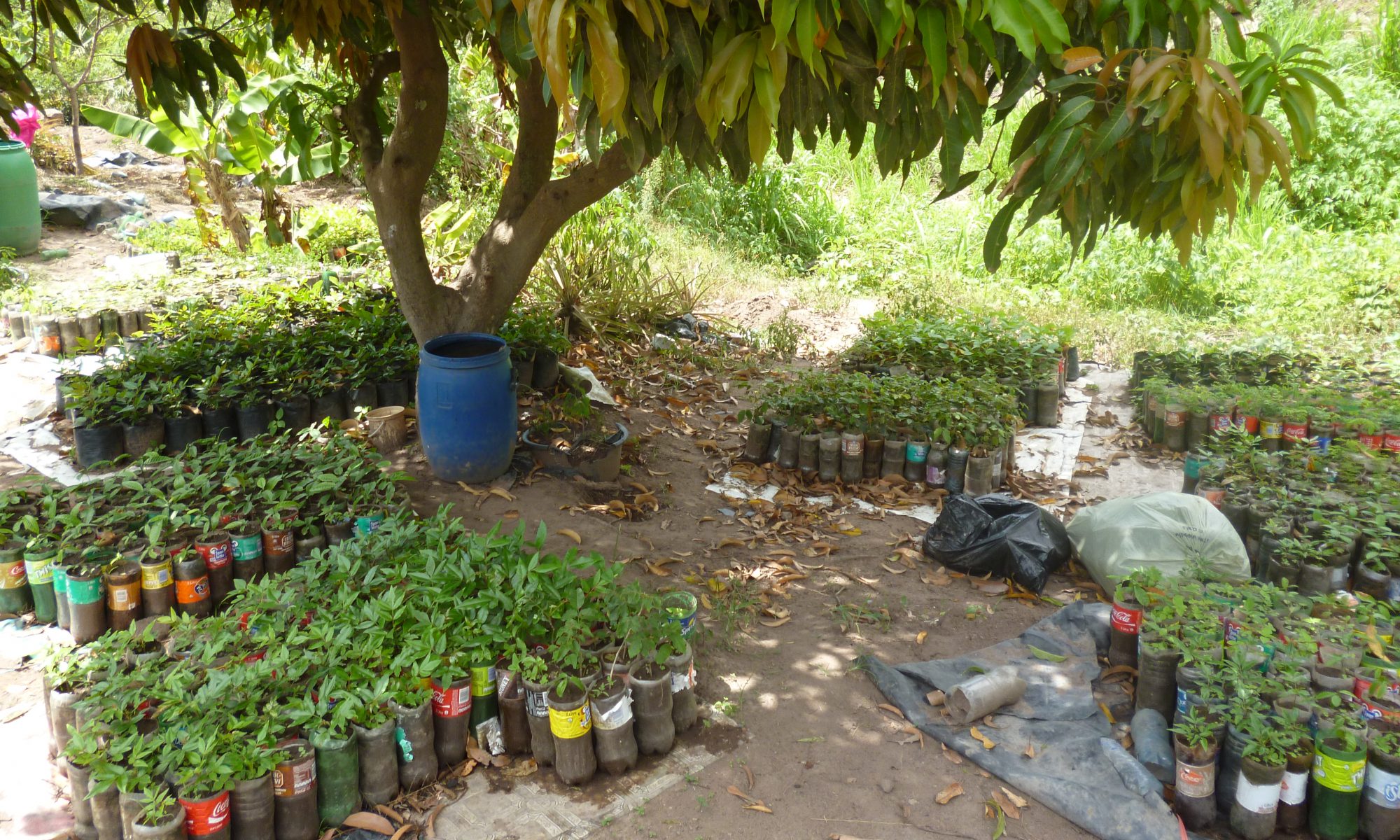The SARChI team has released its latest Technical Paper titled:
“Technical paper No. 6 * Early Childhood Development_and Poverty Reduction in South Africa: A literature review. Authors: Mbali Mthembu, Nduta Mbarathi, and Kathleen Diga”
Executive Summary
Early Childhood Development (ECD) has become a priority sector within South Africa, particularly in respect to ensuring equity and high quality of care for the youngest members (ages 0 to 5 years old) of the population. South Africa is also burdened with high levels of poverty, inequality and unemployment as well as unequal levels of service delivery and public provision of infrastructure. Given the recent development and request for feedback on the provisional ECD policy, there would be a benefit to examine the current state of this draft policy, its respective white papers, and its national and international mandates as well as to understand their relationship to South Africa’s context of poverty. Furthermore, child poverty remains a major concern in the country, particularly in respect to the geographical and living conditions where children live, study and play. This paper wishes to bring to light literature on poverty and, from a multi-dimensional lens, understand how early childhood development provision, whether it be through its programming or the physical centres themselves, are affecting the lives of children, particularly those within households living in urban poverty. ECD are intended to provide children with a safe facility to stay and with some standards of conditions which would allow children to learn and improve their skills. ECD also provides parents with the ability to leave their children in safe places so that they can work or learn. The proximity of ECD centres, their costs, the staffing and their physical conditions influence the choices of parents to leave their children at an ECD centre. The ECD centres within informal settlements are also explored in this paper, given the need for further understanding of such physical infrastructures within a municipality’s planning. Planning for ECD centres within the ‘grey areas’, such as informal settlements or those located in traditional land, can be problematic, especially for ECD managers or principals in gaining access to much needed ECD resources through the appropriate departments. Those parents who have limited and erratic income stream are provided with inadequate choices which may put a mother and/or father in difficult situations of child care. The ECD policy would benefit poor households, particularly those living within informal settlements, through understanding the conditions of the poor and their limitation of choices in ECD centres. In understanding their limitation, government could help provide a more meaningful policy which caters to their needs.
